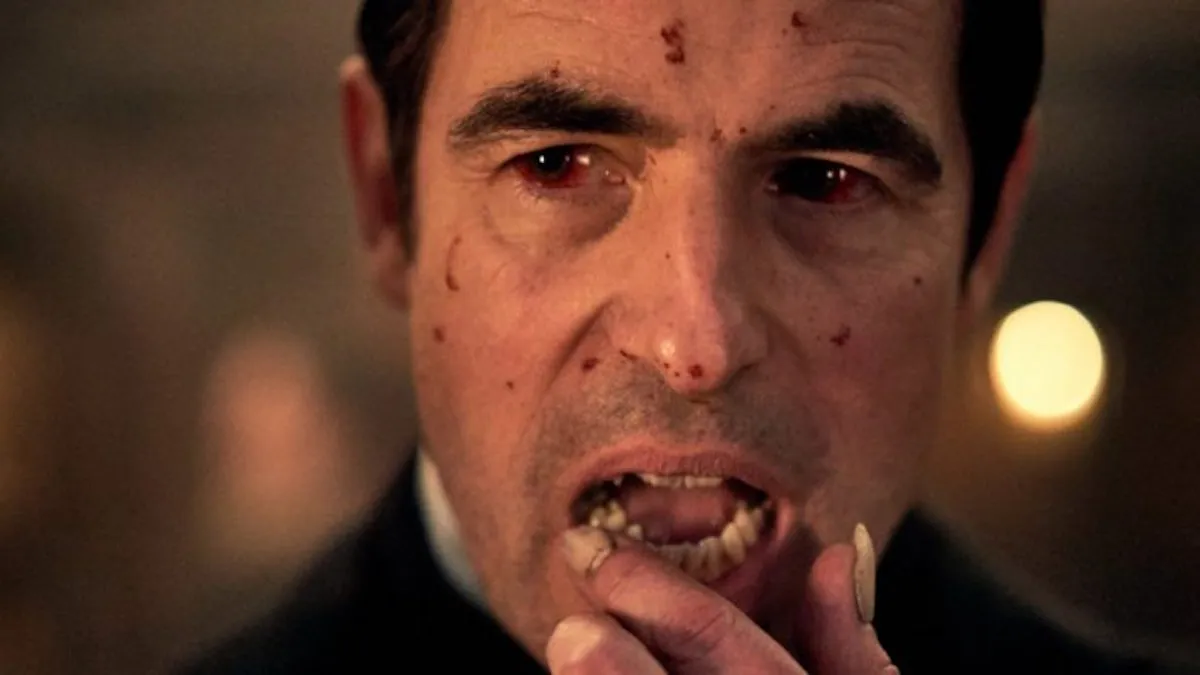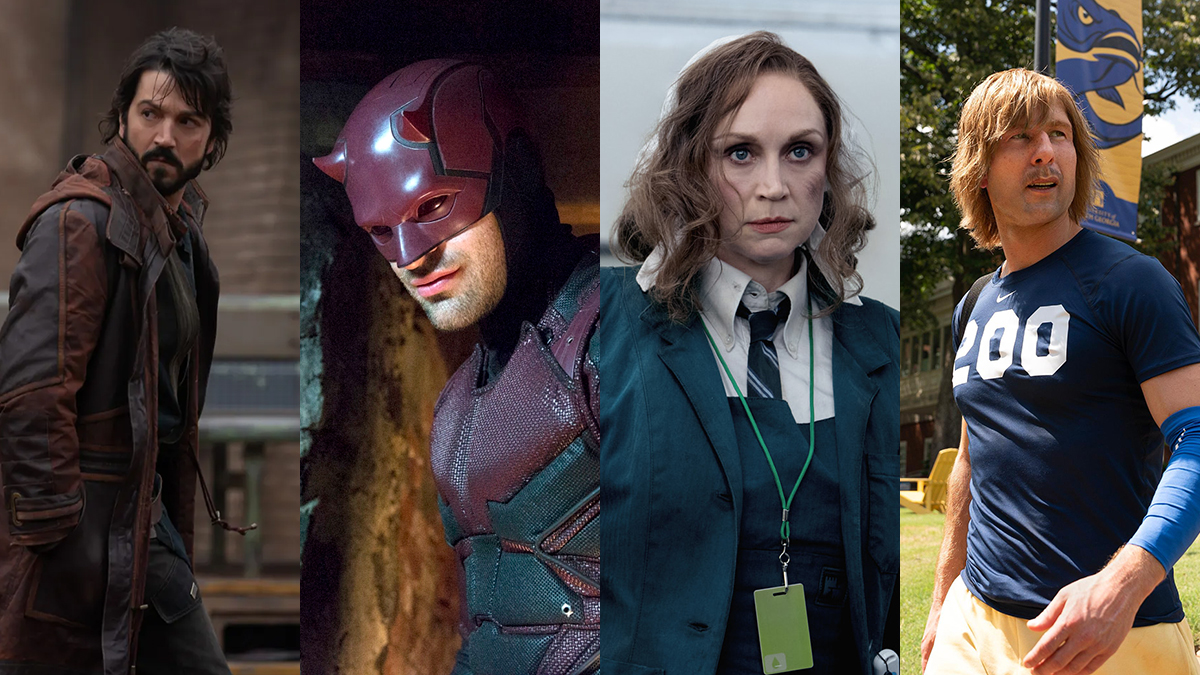Sorry if I’m feeling a little bi-homicidal about this Dracula miniseries trailer, but watching it just made me feel confused. Who is this Dracula for? We’ve had so many adaptations of Bram Stoker’s classic vampire tale that I fail to see why we need one without something boldly new to say.
The tagline for the upcoming Netflix/BBC three-part miniseries Dracula (dropping January 4th on Netflix) is “the legend gets some fresh blood,” but it’s unclear, in the trailer, what Steven Moffat (Doctor Who, Sherlock) and Mark Gatiss’s groundbreaking take is going to be on a story told so very many times. We’ve got Mina and Jonathan Harker, some journeys by boat, castles, candelabras, and a brooding bloodsucker in the well-named Danish actor Claes Bang’s Dracula. Things look pretty standard, though I always appreciate nuns armed with stakes.
As for what’s new, Moffat says he wanted to position Dracula as the main character rather than a shadowy figure: “The big challenge we set ourselves was to make Dracula the central character in his own story for the first time.” But again I ask: who is this for? What generation or segment of audience was clamoring for another Dracula, and for the story to focus on him, rather than, say, Mina?
Yes, I remain salty about Moffat’s need to clarify that their Dracula is not bisexual (after rumors suggested otherwise) but that the notorious old charmer is “bi-homicidal”, explaining, “He’s killing them, not dating them.” It neatly summarizes our point in pop culture that bilateral bloody murder is a-okay but god forbid we get some broader representation of sexuality in examining someone who’s been alive for four centuries.
Why yes, thanks for asking, I also remain salty about Moffat and Gatiss’s end-run on Sherlock, a show that I once liked quite a lot. Yes, I have questions and concerns about the way that Moffat writes women. I’m certainly more wary than the average viewer, but if you love the story of Dracula and vampires, aren’t you well-versed enough in how this one goes to wish we were really shaking things up? I hope I’m wrong—the miniseries is getting largely positive reviews—but nothing here made me feel like this is a must-watch, innovative spin.
Points for whoever chose to use that cover of Echo & The Bunnymen’s “The Killing Moon,” though.
(image: Netflix)
- In case you haven’t heard, Trump authorized the assassination of Iran’s second most powerful man, major general Qasem Soleimani, and I’m sure that the President who recently threw a fit over his cameo being cut from a Canadian broadcast of Home Alone 2 will make rational and measured decisions to keep us out of a massive war and that his timing is not at all suspect.
Soleimani was an enemy of the United States. That’s not a question.
The question is this – as reports suggest, did America just assassinate, without any congressional authorization, the second most powerful person in Iran, knowingly setting off a potential massive regional war?
— Chris Murphy (@ChrisMurphyCT) January 3, 2020
- Is there a connection between Baby Yoda and Darth Vader because they are approximately the same age? (via Elite Daily)
- CBR is pretty certain that one of the new characters sure to debut in Doctor Strange 2 is Namor. (via CBR)
- Guy Ritchie’s movie The Gentleman is being called “casually racist.” (via NME)
- A new look at Bill and Ted Face the Music!
Happy first weekend of the ’20s, kids! What did you see today?
Want more stories like this? Become a subscriber and support the site!
—The Mary Sue has a strict comment policy that forbids, but is not limited to, personal insults toward anyone, hate speech, and trolling.—










Published: Jan 3, 2020 05:55 pm